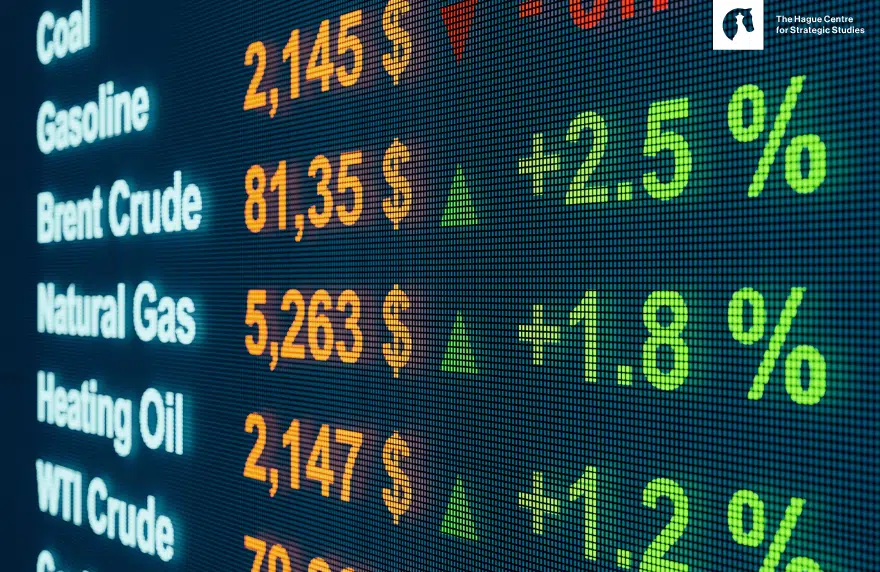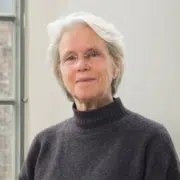What does it take to be an energy trade hub? Using publicly available data, this HCSS report sheds light on the role of the Netherlands as an international energy trade hub. It looks back at the country’s development as an hub for oil and natural gas, and forward at the main characteristics of emerging commodity markets.
Energy trade has shaped geopolitics over the last two centuries, creating economic and geopolitical dependencies according to energy consumption and production patterns. The ARA region – Amsterdam, Rotterdam and Antwerp – is one of the largest liquid bulk trade hubs in the world.
Today, energy trade is changing. Hydrogen, synthetic fuels and bioenergy are replacing fossil fuels. Trade routes will shift, new suppliers will emerge, and new interdependencies will be established. Being a trading centre for new energy sources is by no means a given.
Much can be learnt by looking back at the Netherlands’ development as an international hub of oil and natural gas. The extensive infrastructure, private investments, targeted legislation, regional industry and geographical location turned ARA and, specifically, the Netherlands into Europe’s energy gateway.
In the next decade, Europe will still require oil products and natural gas but ARA’s role as a fossil fuel trade hub may decrease in importance. In turn, new products will lead to new markets but with other characteristics than fossil fuels. Liquid bulk markets will no longer be the largest. Critical raw materials will be the most widely traded energy commodities due to their importance in renewable technologies. While electricity, compressed hydrogen and biomass will likely be primarily traded regionally, ammonia, synthetic fuels and certain types of hydrogen could become international commodities.
To strengthen the country’s competitive and strategic position as a trade hub for new products, the Dutch public and private sectors should:
- Pair climate goals with a strong industrial strategy
- Invest in the industrial transition and in adapting infrastructure
- Coordinate investments and tenders for projects across the value chains of new products.
Authors: Irina Patrahau, Lucia van Geuns and Michel Rademaker
The research was made possible by a financial contribution from VOTOB (The Dutch Association of Tank Storage Companies) to the Hague Centre for Strategic Studies.







